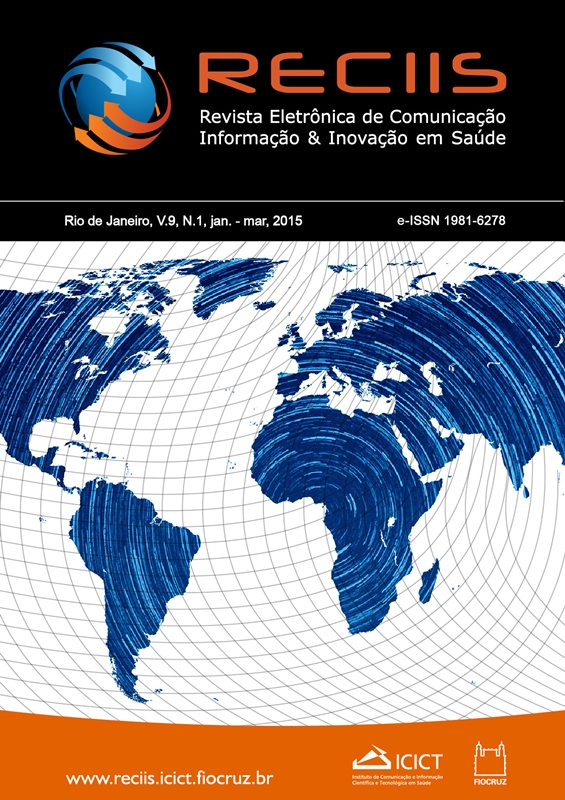1,000 Times Good Night
DOI:
https://doi.org/10.29397/reciis.v9i1.934Keywords:
Mental health, Suicide, Communication, Photography, Family relations, Family conflictAbstract
Director: Erik Poppe
Production: Ahmed Abounouom, Geir Eikeland Henning, Peter Garde, Finn Gjerdrum, Stig Hjerkinn Haug, Stein B. Kvae, Jackie Larkin, Lesley McKimm, Kaare Storemyr
Screenplay: Erik Poppe, Harald Rosenløw-Eeg
Original title: Tusen ganger god natt
Year: 2013
Country of Origin: Norway / Ireland / Sweden
Genre: Drama
Color: Color
Duration: 117 min
Rebecca (Juliette Binoche) is one of world’s top war photojournalists, capturing dangerous and chilling images in the most dire landscapes, all in an effort to shed light on the real cost of modern war. But she’s also a wife and mother, leaving behind a husband and two young daughters every time she travels to a new combat zone. After a near-death experience chronicling the ritual of a female suicide bomber, husband Marcus (Nikolaj Coster-Waldau) levels an ultimatum: give up the dangerous profession or lose the family she counts on being there when she returns from each assignment. Yet the conviction that her photos can make a difference keeps pulling at Rebecca’s resolve, making it difficult for her to walk away entirely. With an offer to photograph a refugee camp in Kenya, a place allegedly so safe that daughter Steph (Lauryn Canny) is allowed to join her, Rebecca comes face to face with just how much she risks each time she steps back into the fray.
Downloads
How to Cite
Issue
Section
License
Author’s rights: The author retains unrestricted rights over his work.
Rights to reuse: Reciis adopts the Creative Commons License, CC BY-NC non-commercial attribution according to the Policy on Open Access to Knowledge by Oswaldo Cruz Foundation. With this license, access, download, copy, print, share, reuse, and distribution of articles is allowed, provided that it is for non-commercial use and with source citation, granting proper authorship credits and reference to Reciis. In such cases, no permission is required from the authors or editors.
Rights of authors’s deposit / self-archiving: The authors are encouraged to deposit the published version, along with the link of their article in Reciis, in institutional repositories.












